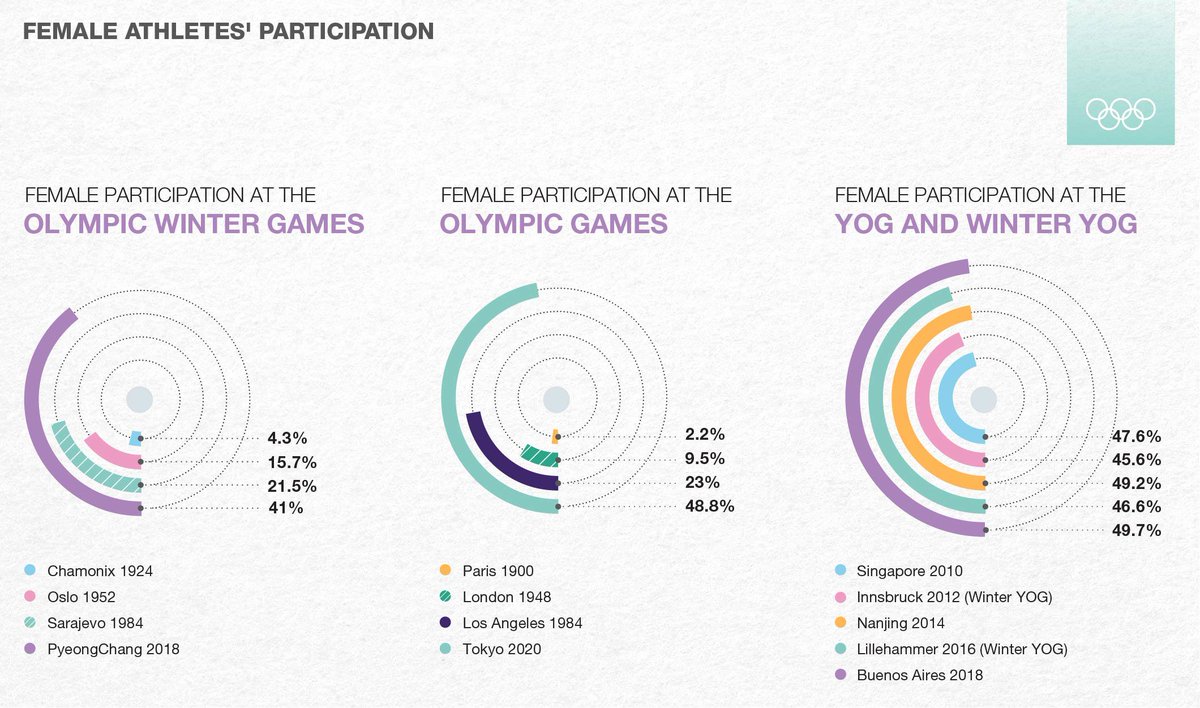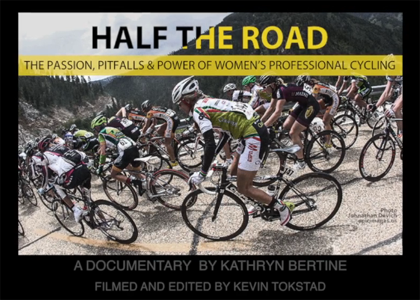At Olympic Summer Games almost gender equality reached. 48.7% women in @Tokyo2020



inside excellent life
Review of a study on the gender differences across adult life by T. Pollard and J. Wagnild
Walking is associated with better mental and physical health and reduced mortality and, when used for transport, with reduced air and noise pollution. In contrast to other forms of physical activity, walking has the advantage of being accessible to most people. For these reasons, promotion of walking has become more prominent in public health campaigns .
The aim of this systematic review is to assess the current evidence on gender differences in walking in high income countries. We hypothesised that there are gender differences in participation in walking for leisure, for transport, and in total walking. We also set out to examine whether gender differences change across the life-course.
Results
“In 1973 Billie Jean King forced the tennis overlords to award women the same prize money as male players. Forty years later, and female cyclists are still trying (and failing) to win a minimum wage in the professional peloton.
A 2013 survey by the Women’s Cycling Association showed 50% of female pro cyclists earn $3,000 (£1969) or less per year. This is just one enraging statistic from Half The Road, the superb documentary by Kathryn Bertine, who herself battled with the UCI, cycling’s chauvinistic governing body, to qualify for the Olympics.

Brian Cookson, the Lancastrian now at the helm of the UCI, is also interviewed. He told me last year that introducing a minimum wage “could backfire”. On camera he explains why women aren’t strong enough to ride the Tour de France – a claim powerfully rebutted by one woman who rode the Tour in the 1980s when it used to run on the same day as the boys’ race. At least he isn’t going down the same route as Hein Verbruggen, one of his predecessors. According to Inga Thompson, ten-time national US champion, Verbruggen once tried to introduce a rule to stop women racing when they were on their periods.”
(Text by The Guardian)
If countries are hoping to come out on top during the 2016 Summer Olympic Games in Rio de Janeiro, they better start minding their gender gaps. According to a new study by the University of British Columbia, countries with more gender equality tend to win more Olympic medals.
“I think there’s a stereotype that more macho nations that valorize masculinity or male dominance might be more dominant in male sport, we found that it’s actually the opposite,” says lead author Jennifer Berdahl, a professor of diversity and women’s studies at the UBC’s Sauder School of Business.
Berdahl studied 121 countries using data from the World Economic forum’s 2013 Global Gender Gap Report and compared it with the medal counts for the 2014 Winter Olympics in Sochi using a statistical model that controlled for factors such as GDP, income inequality and population size. Her findings reveal that both women and men tend to win more medals if their country exhibits greater gender equality, especially when it comes to educational attainment.
“Our study makes apparent that gender equality has a tendency to lift everyone up within a country,” Berdahl says. “Olympic glory is likely only one example of how whole societies can benefit from greater parity between the sexes.”
To corroborate her conclusions and account for countries’ performance differences in the winter versus summer games, Berdahl also studied the 2012 Summer Olympic Games in London and found the same results.
The findings contradict society’s belief in what Berdahl calls a “zero-sum game” when it comes to gender rights, which is the idea that affording more opportunity to women tends to limit opportunity for men.
“Rather, gender inequality is likely to hurt both women and men by encouraging stereotypes that limit their ability to reach their full potential as individuals,” Berdahl concludes in the study. “Eroding false and antiquated norms regarding what men and women can and cannot do is a ‘win-win’ that allows members of both genders to realize their true potential.”